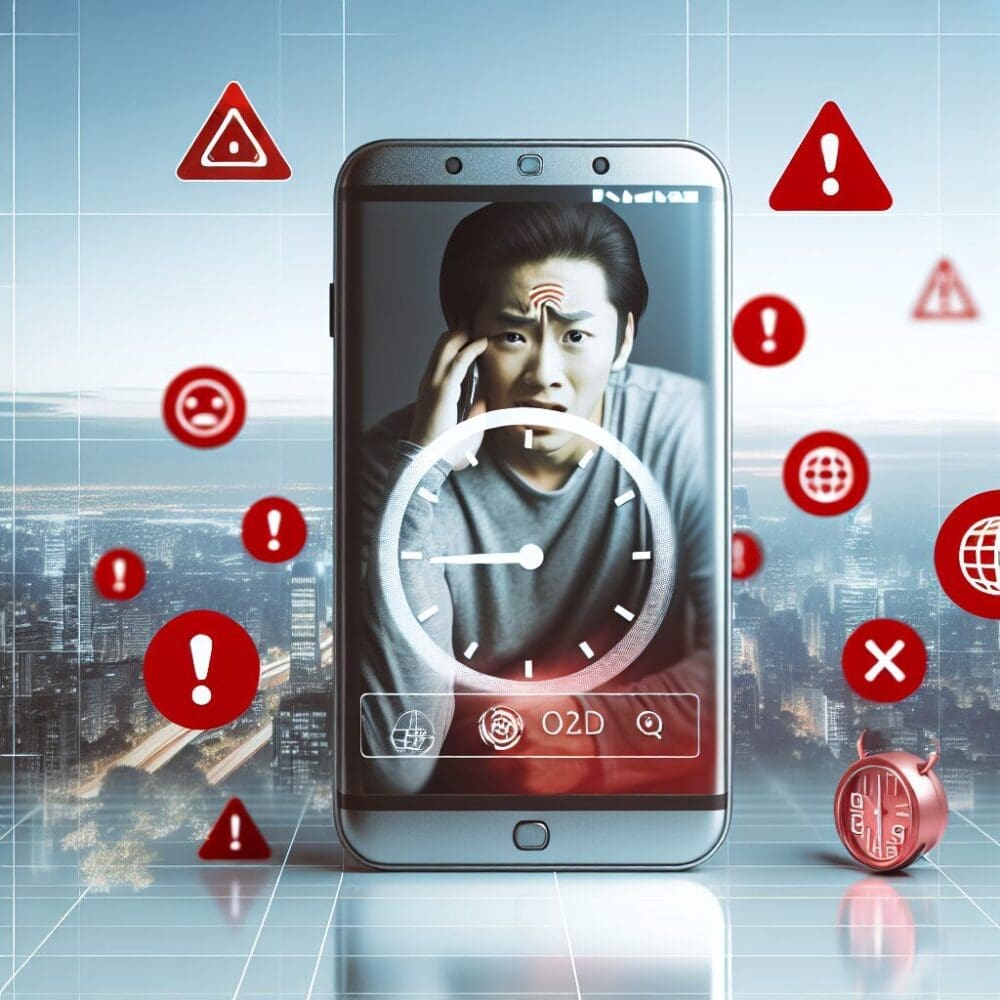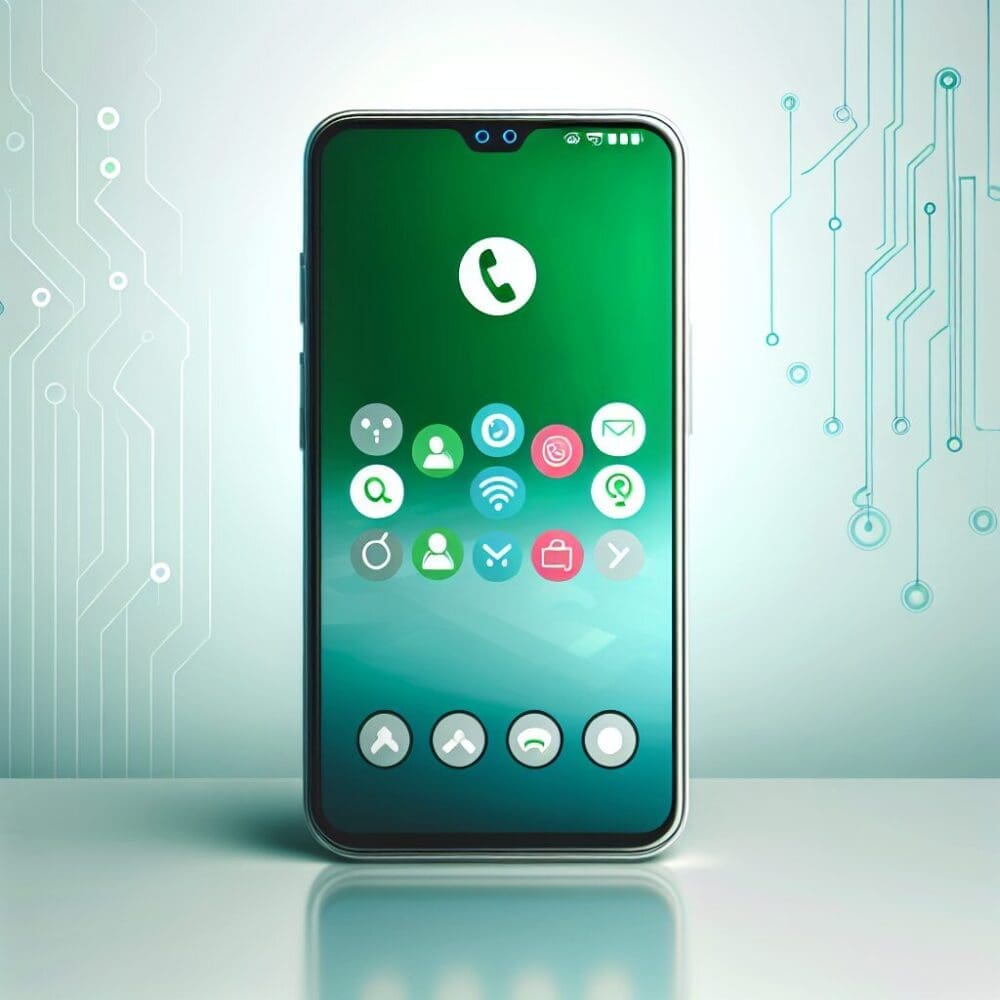“`html
WhatsApp Outage: Causes, Impact, and What You Need to Know
In a digital age where instant communication is the norm, it’s hard to imagine a world without WhatsApp. Yet, a recent outage left users around the globe in panic, disrupting communication flow and daily routines. This blog post delves into the causes of the WhatsApp outage, its impact on millions of users, and what you need to know to stay informed and prepared for future incidents.
Understanding the Recent WhatsApp Outage
What Happened?
At approximately [insert specific time if known], WhatsApp users started experiencing issues with sending and receiving messages. Reports quickly spread across social media, indicating a broad and systemic outage. Users across several continents, including North America, Europe, and Asia, were affected, with many unable to access their chats or send messages.
Possible Causes
The exact cause of the WhatsApp outage is still speculative, but the leading theories include:
- Server Overload: A sudden surge in user activity could have overloaded the servers, causing them to malfunction.
- Technical Glitch: Software bugs or updates are known to cause unexpected disruptions.
- Cyber Attacks: Though less common, there’s always a possibility of a DDoS attack or other malicious activities.
WhatsApp’s parent company, Meta, is known for its robust infrastructure, making such outages rare. However, when they do occur, they can be far-reaching and impactful.
Impact of the WhatsApp Outage
User Disruption
The most immediate and apparent impact was on user experience. Millions of individuals rely on WhatsApp for personal and professional communication. The inability to send or receive messages led to several issues:
- Missed conversations and urgent messages
- Disrupted business communications
- Increased stress and frustration among users
Business Implications
Businesses heavily dependent on WhatsApp for customer interactions, support services, and marketing faced significant challenges. The outage resulted in:
- Lost revenue due to interruption in sales and services
- Delayed customer support, impacting service quality and customer satisfaction
- Internal communication breakdowns within organizations
Social Media Buzz
The outage created a storm on social media platforms. Twitter, in particular, saw a deluge of tweets with hashtags like #WhatsAppDown and #WhatsAppOutage trending worldwide. While some users expressed frustration, others used the moment to share memes and humor, showcasing a unique aspect of digital culture.
What You Need to Know
Staying Informed
In times of digital disruptions, staying updated is crucial. Here are ways to stay informed:
- Follow official WhatsApp and Meta social media accounts for real-time updates.
- Check reputable news sources that cover tech and digital trends.
- Engage with online communities and forums to share and receive the latest information.
Alternative Communication Methods
It’s always wise to have backup communication methods ready. Consider the following alternatives during outages:
- SMS and MMS: Traditional text messaging can be a reliable fallback.
- Email: While not instant, emails are a dependable way to communicate during outages.
- Other messaging apps: Platforms like Telegram, Signal, and Facebook Messenger are excellent alternatives.
Preventive Measures for Businesses
Businesses can take steps to mitigate the impact of such outages:
- Multi-channel communication: Ensure you integrate multiple communication channels for redundancy.
- Regular updates: Keep your clients and customers informed through email lists or other channels during outages.
- Emergency protocols: Develop and implement emergency communication protocols to deal with unexpected outages.
Conclusion
The WhatsApp outage served as a stark reminder of our reliance on digital communication tools. While such events can be disruptive, staying informed and prepared can help mitigate their impact. As we continue to navigate the interconnected digital world, having backup plans and alternative methods of communication will ensure we remain connected even in times of disruption.
“`



